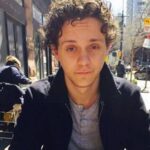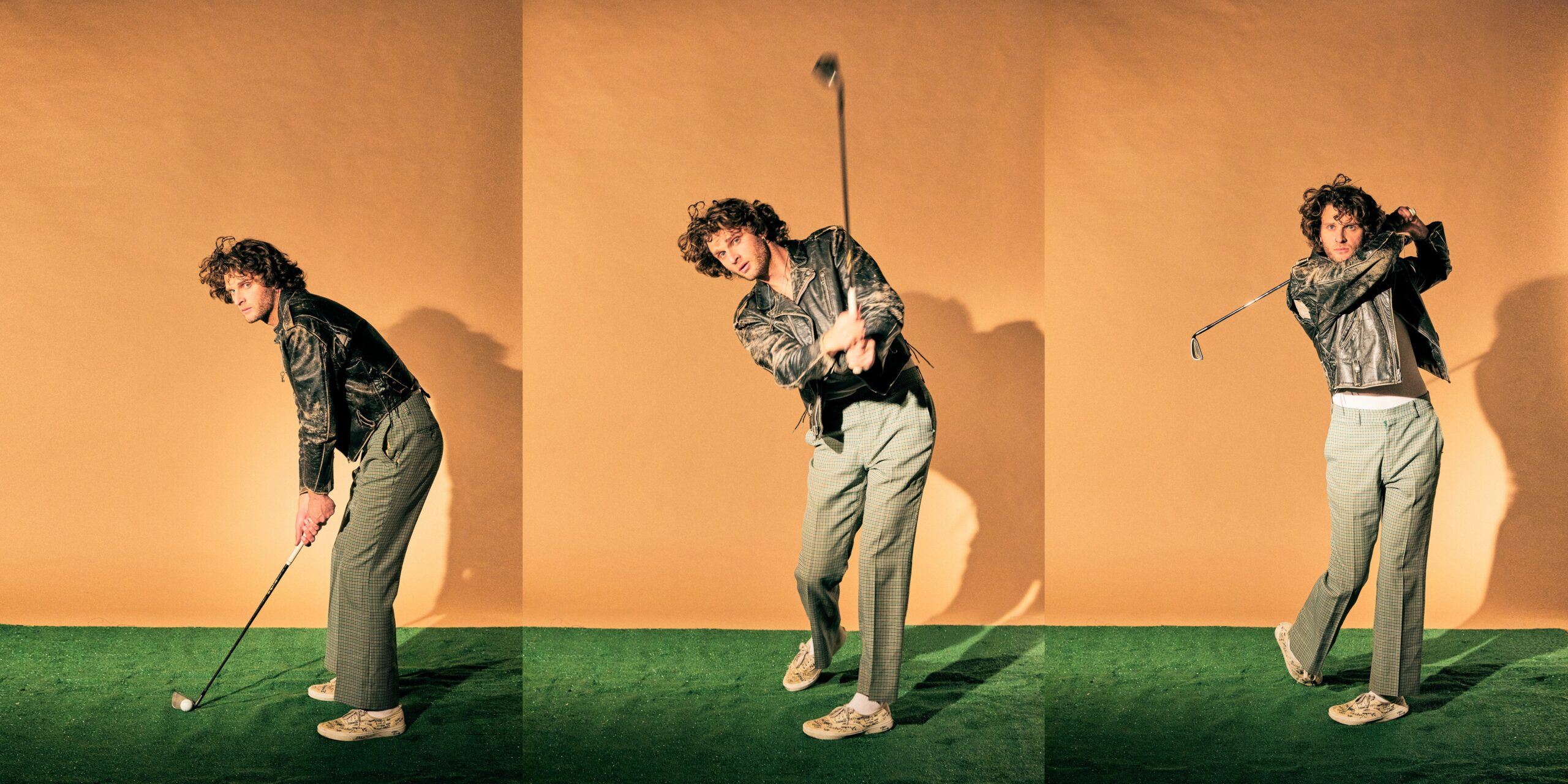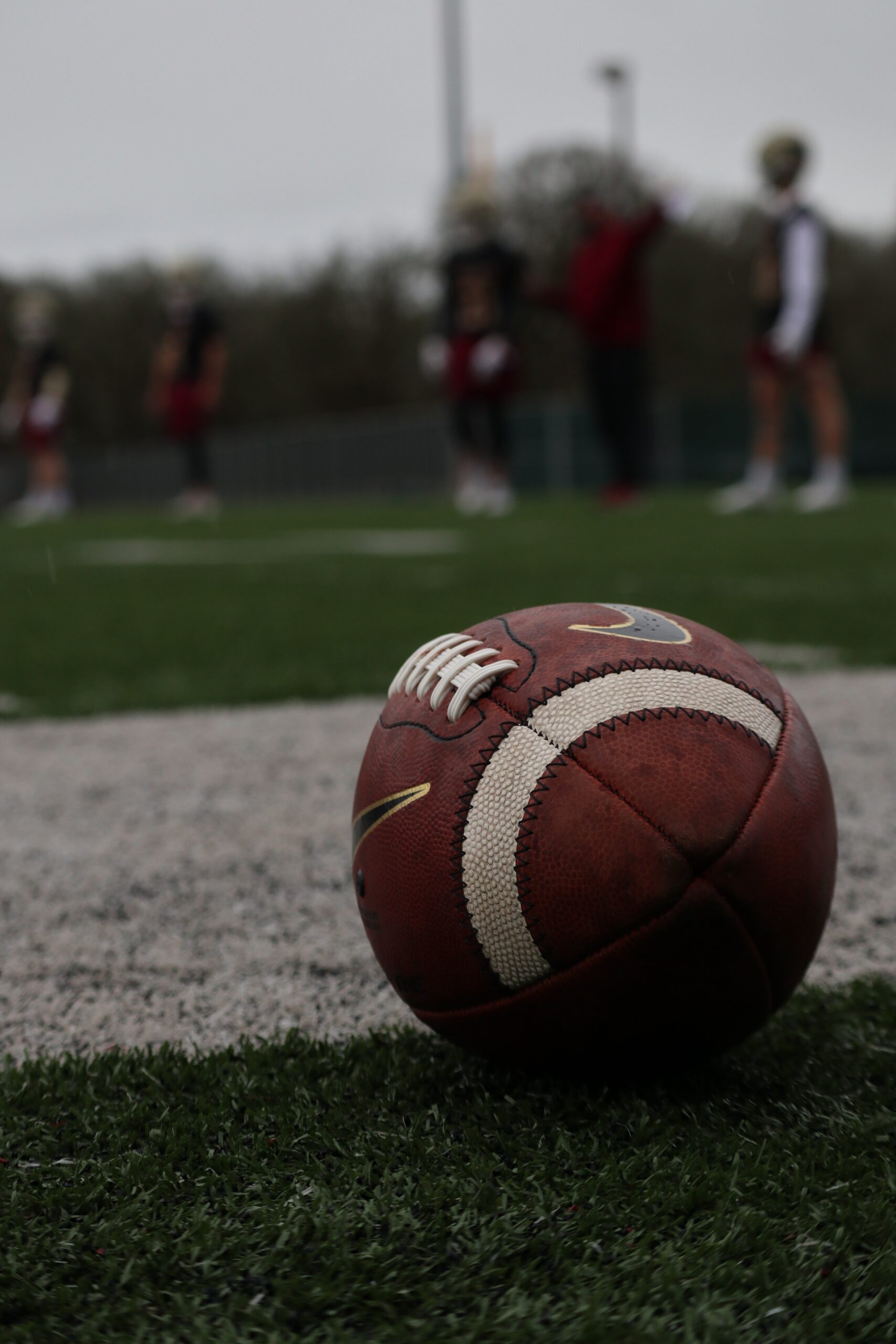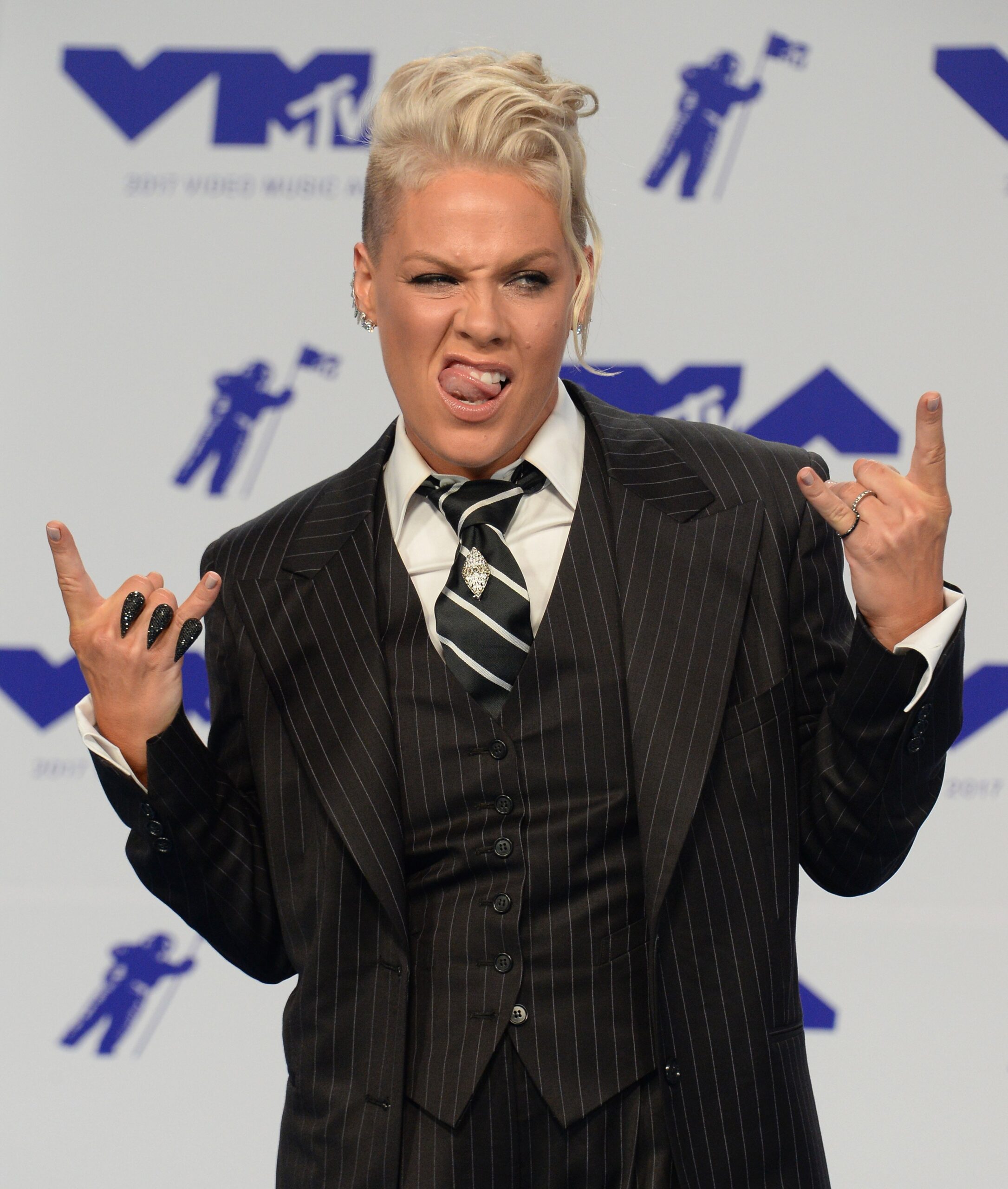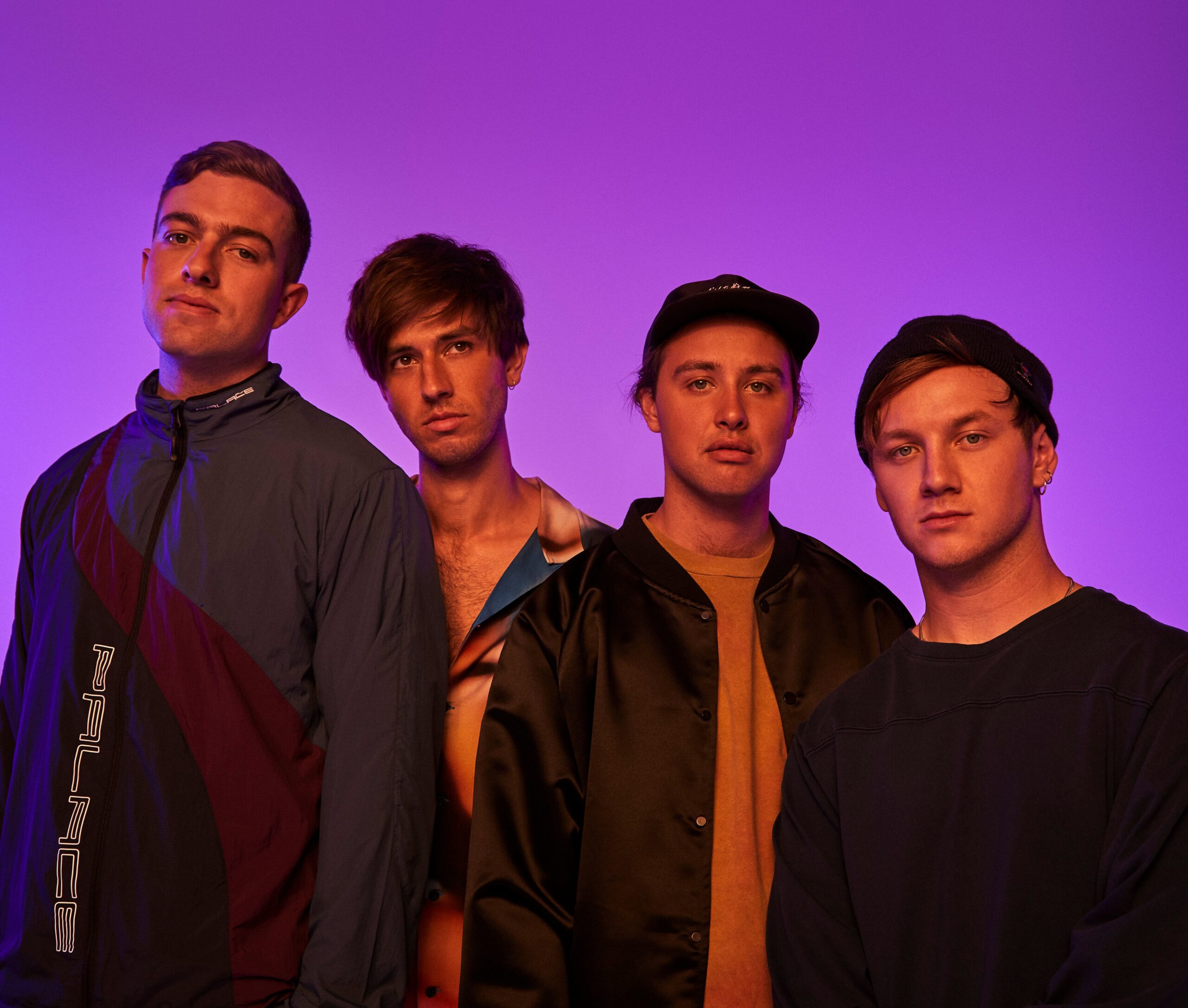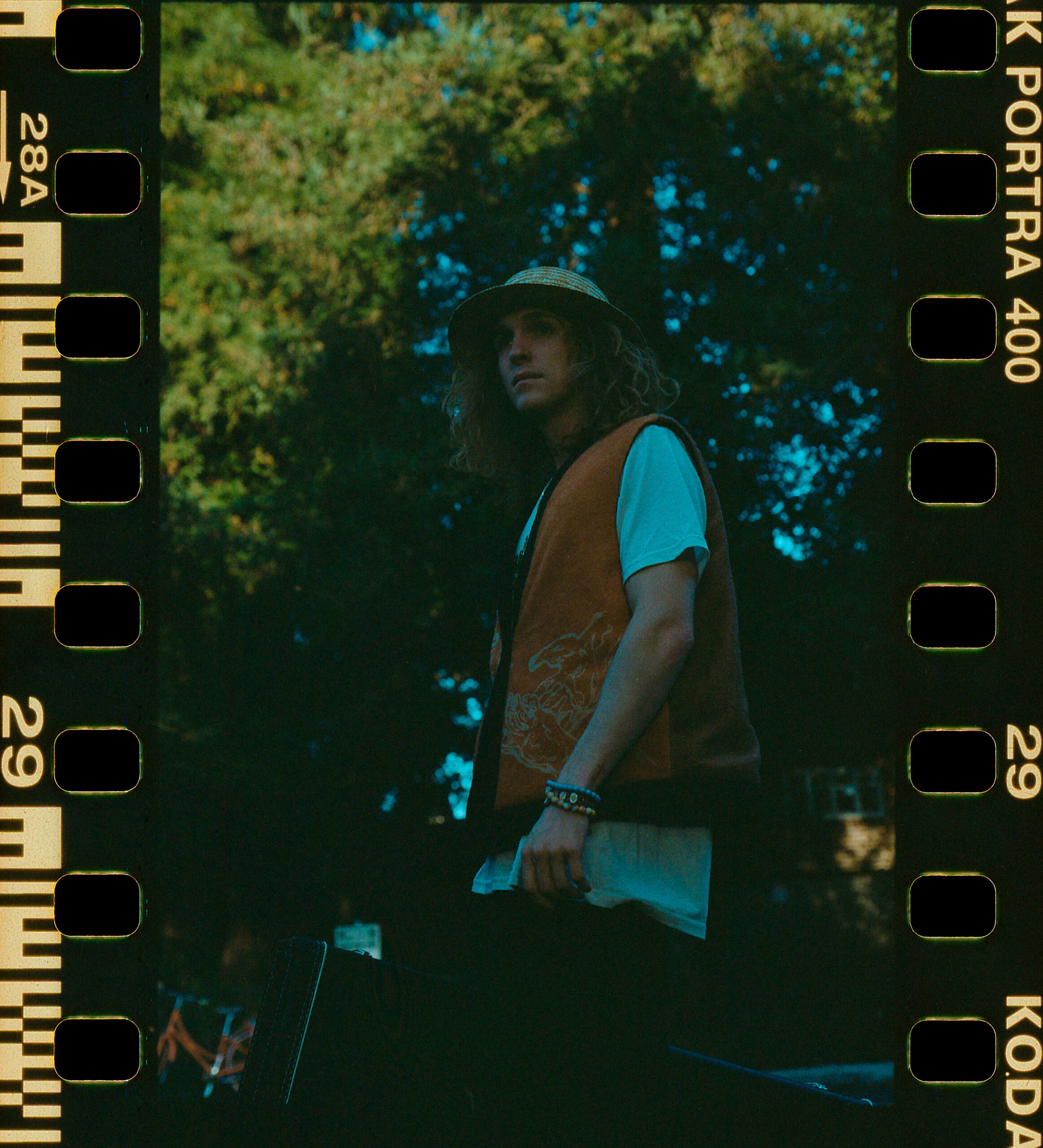
Cristian Diaz
“Heartstrings” was already a solid groove—and then it got Carlos Santana.
Felly, the Connecticut rapper behind hits like “Maple” and “Acid Dreams” with Max, is releasing his first song since last year’s Surf Trap. It features a slinky, lo-fi charm, with an R&B beat by way of the Black Keys. Felly himself is no stranger to genre-blending. After six full-length projects, his idiosyncratic style easily combines cocky hip-hop charisma with an indie-rock base, resulting in a sound that carries sunny-sounding braggadocio tracks as handily as anxiety-laden love songs. Now, Felly’s paired up with the legendary Santana on his new track, bringing a new degree of rock cred to his blended sound.
Leading up to the release of “Heartstrings,” Felly got on the phone with Popdust to discuss his production style and how he’s trying to grow as an artist.
So, calling you prolific is kind of an understatement. You’ve been putting out a project each year for half a decade. What’s the thing that keeps you gravitating back to the studio?
It’s really just my heart and joy. I can’t picture a world where I don’t make music every day, and if I’m away from the studio for a certain period of time, I get kind of stir-crazy. It’s sort of in my DNA to create. I like all sorts of creation, and I do create in other ways, but music is what gets me off. I think it’s also a spiritual thing, getting closer to really good music makes you feel like you’re progressing towards God, or something higher. When I can put my mind out of the way and create on that frequency, that connection is the most beautiful and purest sound on this Earth.
There was a patience on Surf Trap that seemed new: Your rhymes and production feel looser, more self-assured, like maybe there’s less pressure to prove yourself. What changed in the production of that album for you?
The album before was called Wild Strawberries; that’s sort of reminiscent of how the tracks were, because they were kind of all over the place. [On] Surf Trap, I felt some relief; I felt like I had some sort of lane that was unique to me, something I could hold to and put a finger on. It was all made in the same studio in Brooklyn, with the same producers. We would get the early sessions, like 7 AM, because I never knew when I [would be] free. That was my first time not making an album in my bedroom, doing a real studio thing, so it was definitely a fun focused project.
Heartstrings (feat. Santana)www.youtube.com
“Heartstrings” has this bigger, slower sound to it, like you’re trying to bring something new into the studio. What went into making this new track?
We just wanted something fresh. Everything [right now] sounds recycled, or just old carbon copies, same drum loops-type sh*t. I don’t know any songs that have that specific bounce, or that specific rock to them. I was with some of my best musician friends in L.A. They’re all very raw kids who don’t allow bullsh*t, and so when you’re in the studio with these types of kids, we’ve all put in ten thousand hours already, [and] we’ve all made a bunch of records that have had some success. [There’s a guy] who’s produced for Madlib, or Freddie Gibbs, cool people, notable people. But there’s a feeling of, “No, we’re not gonna spend our time making some bullsh*t, we’re gonna focus on making something cool and fresh and new, something that actually matters.” The standards get raised when you bring those certain people into the studio. When you have people that push you, you can create beautiful things out of that push.
Getting Santana on a track is a huge deal. How did the two of you get connected, and what did he bring to “Heartstrings”?
It actually came from one of the guys at Same Plate [Entertainment, Felly’s label], who just sent it out on a whim. We’d been trying to think about who we could get on that record, because we had the feeling it was gonna be a big record. When Santana said that he was down to play on it, it felt surreal, it felt so perfect and meant to be. I had gone back and forth with features, and people pitching me features, and we’ve had some people on the track that we’ve taken off and put back on, and back and forth. It just took so much time. [But] patience really prevailed, because Santana, by the grace of God, stepped in and really felt the record and wanted to just shred on it. That was probably the best musical experience of my life, to actually get in a room with him and hear how he thinks, how he perceives music, hear how he perceives energy. There’s no one more badass on this earth than Carlos Santana.
There’s an interesting specificity to your sound throughout your discography, as you developed your production style. What do you find yourself borrowing from as your career goes on?
I was raised on a lot of rock shit, a lot of Rage Against the Machine, where rock meets rap. But I also have an Illmatic root, like East Coast hip-hop is in my blood. [I’m trying to] bridge indie and hip-hop/pop, since hip-hop is the biggest genre right now: bridging that gap where it makes you feel that kind of swagger, but with the organic instrumentation of indie.
How do you feel you’ve grown as a producer, writer, and artist since your early days? How do you feel that shows up in the music?
I think I’m getting more confident in me as an identity, as a person. I used to reach for so many things and want so many things, and wanna have placements as a producer, and want to be looked at the same as someone else. Now, I don’t really give a f*ck about that stuff. I think I’m more badass than all these other people. I think that confidence has been missing throughout my career. And now, it’s not because of a Santana feature, I think it’s about growing into yourself, and realizing these people want to be you, so why would I want to be them? Yeah, so I’m just kind of feeling myself more, just sort of realizing my own power. Realistically, it’s like, “Let’s leave a certified big imprint on this world, by any means, by any cost, and focus on that.” So that’s where my head’s at, we’re just going balls to the wall, and just totally focusing on craft and artistry.
On that idea of growth: You’ve been rapping and releasing projects in the public eye for more than five years now, and the hip-hop landscape has changed a lot in that time. I’m wondering if in all that time you’ve been making music…what you might have learned or how your understanding of yourself might have changed as a white artist working in a historically black art form.
Yeah, I just see myself as a universal citizen. I feel colorless, I feel like a soul rather than a physical being. I don’t like to look at myself like that, because if I do, I get depressed, or I put walls and boundaries on myself. I’m a soul, like everyone else. I just think that conversation for society is kind of outdated. Obviously there are red flags that come up, but we need boundaries to blow over and for people to just feel universal, and that they’re as good as anyone else, and can be anything. You can’t put a color on a soul, or you can’t put boundaries on a soul. A soul can go through dimensions, it can go through physical bodies, it lives, it dies, it can travel, it’s immortal. That’s how I view things now. Definitely before, I was like, “Oh, I’m a little white dude, and everyone is black and thinks I’m just a white dude.” That’s so certified and boring. It’s like, okay, let’s move past that and go to infinite potential.
Now that “Heartstrings” is out, where do you see your sound is going, and how does the track indicate that?
Just fresh and new sound, something that I haven’t done before, and something that I don’t think anyone else has done before. It’s also just the sh*t that I love and my friends love. I want to make music for the world, and so this is something I know the world will love, and that I love. And so, if it’s true, it will reach the world, and if it’s not, it’ll still be here in my heart and in the people who I made with that loved it. I’m definitely looking to push more boundaries and exploring my craft more, just creating and tapping into a different spiritual level and kind of coming into my own being.
Do you imagine at some point you might be done with rap?
I think everything will end, soon. I think there will be a day and age you hear me not really rapping anymore, there will be a day and age where maybe I’m not playing guitar. I don’t know what that looks like…I think you’ll be able to hear the history of everything in everything. But just to answer more concretely, less meta, I could see a time where it’s almost no rap. It depends on how I’m feeling and if I’m into rap. I definitely love rap still, but if I find home in another genre or sound, then I’m gonna go there. I’m gonna go wherever feels right.
Follow Felly online at Twitter | Facebook | Spotify
- Hidden Artist Felly Review – The Mycenaean ›
- felly (@fellythekid) | Twitter ›
- Student Rapper: How Felly Went From USC to Touring the US | 34th … ›
- Mixtape Review: Milk and Sugar by Felly – Coog Radio – University … ›
- This one’s a hit and Medasin & Felly are “At Fault” – EARMILK ›
- An Interview With The Rapper, FELLY About His Newest Music and … ›
